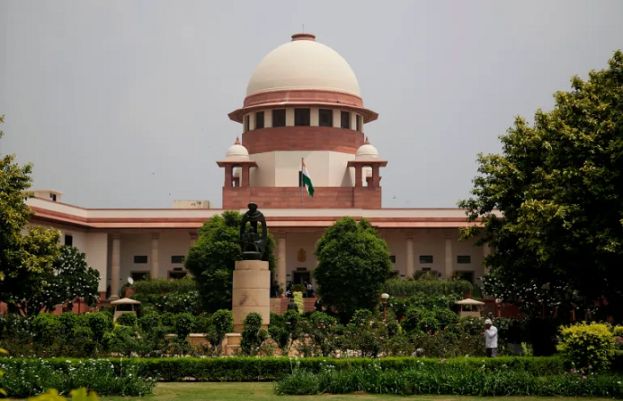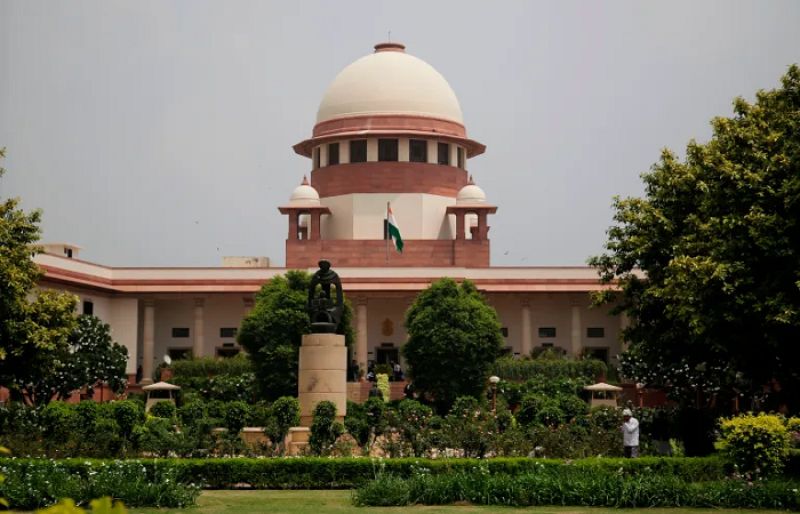[ad_1]

The Indian Supreme Court on Monday ruled that Article 370 which guaranteed special status to Indian Illegally Occupied Jammu and Kashmir (IIOJK) was a temporary provision and that the occupied territory was an ‘integral part’ of the country.
Indian Prime Minister Narendra Modi-led government in August 2019 unilaterally abrogated the special status of the occupied valley and deployed tens of thousands of troops in a bid to ward off protests against the illegal move.
According to media reports, a batch of petitions challenged the abrogation of Article 370 of the Constitution and a five-judge bench led by Chief Justice of India (CJI) Dhananjaya Yeshwant Chandrachud heard the matter for 16 days and reserved its verdict on September 5.
The Indian CJP-led bench announced the verdict today and held that the occupied territory became an integral part of India “which is evident from Article 1 and 370 of the constitution”.
The top court also upheld the Indian government’s decision to abrogate the disputed region’s semi-autonomous status, stating that the IIOJK “does not have internal sovereignty”.
The Indian Supreme Court also directed the country’s election commission to conduct elections in IIOJK by September 2024.
By repealing Article 370 of the constitution, people from the rest of India were given the right to acquire property in the disputed territory and settle there permanently.
Kashmiris see the move as an attempt to dilute the demographics of Muslim-majority Kashmir with Hindu settlers.
Pakistan had strongly condemned the move and vowed to “exercise all possible options to counter the illegal steps” taken by India.
India has for decades stationed more than half a million soldiers in the Himalayan disputed territory.
The suspension of IIOJK’s semi-autonomous status allowed Indians from elsewhere to buy land and claim government jobs there, a policy denounced by critics as “settler colonialism”.
Many residents and critics say that authorities have since curbed media freedoms and public protests in a drastic curtailment of civil liberties.
Modi’s government has defended the decision in the court, saying the change had brought “peace, progress and prosperity” to the restive territory.
Consolidating New Delhi’s rule over the IIOJK has long been a key plank of Modi’s Hindu nationalist Bharatiya Janata Party (BJP).
[ad_2]
Source link



